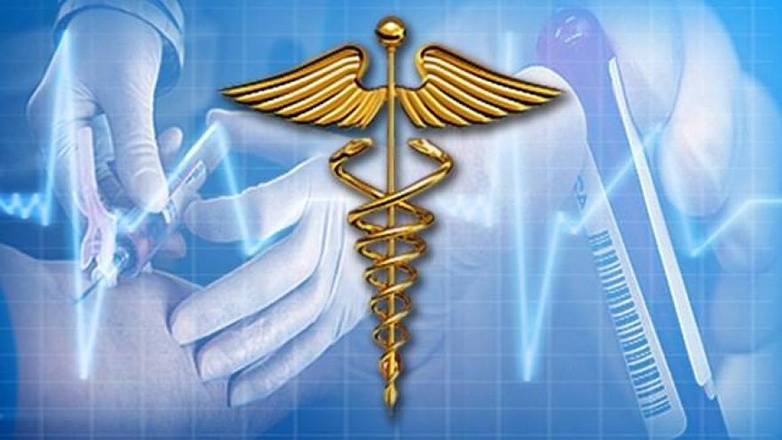A new report looking at access to primary-care doctors found nearly 2 million Missourians are medically disenfranchised.
The report from the National Association of Community Health Centers and the American Academy of Family Physicians looked at medically underserved and disenfranchised populations across the country. Study authors estimated more than 100 million Americans lack access to a primary-care doctor, nearly double what it was in 2014.
The report argued community health centers, a federally supported health center system with more than 1,400 organizations, can help close care gaps.
Dr. Shari Thompson, a primary-care physician at Katy Trail Community Health Center in Marshall, said when they see new patients, young or old, they take the opportunity to treat the whole person. “We get people to come in because of their sore throat; because they can’t send their child back to school without a note,” Thompson outlined. “While they’re in-clinic, we use that time to close care gaps. We make sure that they are scheduled for their well child. We make sure that they get their colon cancer screening and breast cancer screening.”
She noted the center performs needed screenings and preventive care for every patient they see. Study authors pointed out only one in 10 of the medically disenfranchised population is uninsured, illustrating how insurance coverage does not help when the problem is provider shortages.
Statistics showed the number of public health center patients has grown by 6 million since 2015, a 24% increase.
Thompson acknowledged community health centers are able to serve the entire community because of federal support. “Community health centers have really stepped up to the plate at being able to provide all services for everyone,” Thompson explained. “Regardless of their ability to have insurance to pay, because we have a sliding scale, but all that is made available because we’re a community health center, and we’re supported by federal grants.”
The lack of primary-care providers in so much of the U.S. is seen by the study’s authors as a serious public health threat, creating greater risks in a pandemic or during flu season, leaving millions at risk of preventable chronic diseases. Thompson stressed access to primary care is essential to the health of our society.
“Primary care is critical to the health care of the community, of the nation,” Thompson asserted. “Critical with a capital C. Societies without primary care should show a definite lack in their health outcomes on multiple levels.”


